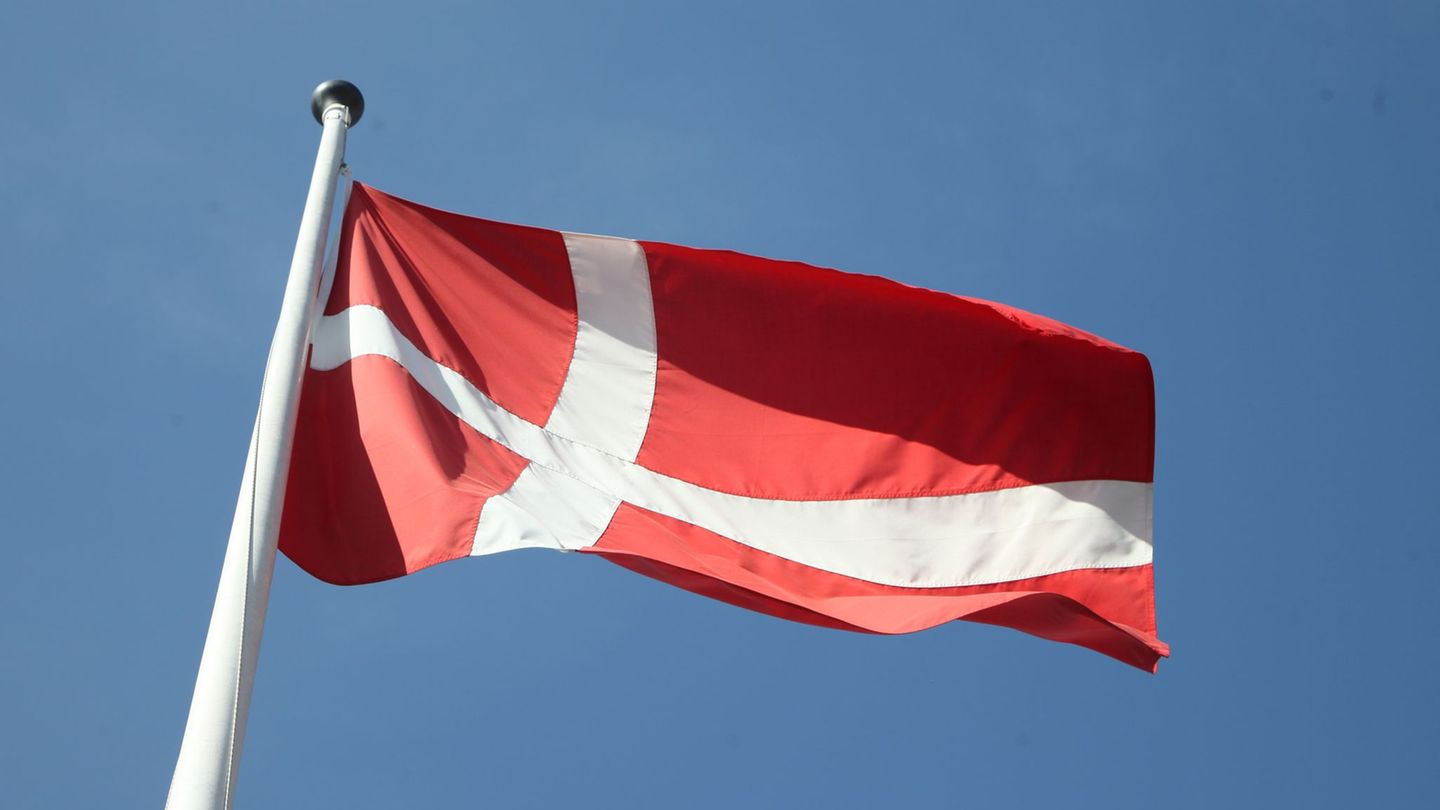Interior Minister Faeser arrived in the Moroccan capital Rabat with wishes from the federal government and offers for the Moroccan leadership. Diplomatic skills are required.
Federal Interior Minister Nancy Faeser (SPD) has advocated for more cooperation in Morocco on security issues as well as on migration and deportations. She signed a corresponding declaration of intent with her Moroccan counterpart, Abdelouafi Laftit, in the capital Rabat.
Faeser is accompanied on her two-day trip to Morocco by Joachim Stamp (FDP). The special representative appointed to conclude so-called migration agreements is in confidential discussions with several countries. From the Federal Government’s perspective, the aim of these agreements is to make it easier to issue work visas and other forms of regular migration. In return, the countries of origin should cooperate better with repatriation. This involves, for example, issuing or recognizing papers.
In recent years, the Moroccan government has shown little interest in taking back compatriots who are required to leave the country. According to the Federal Ministry of the Interior, there are 3,660 Moroccans living in Germany who are required to leave the country. Since 2,762 of them are temporarily tolerated for various reasons, deportation is currently only possible for 898 Moroccan citizens. Morocco does not allow collective deportations by charter, so only individual returns by scheduled flight are possible. This is a difficult business for the federal police, who accompany deportations – especially if those affected physically defend themselves, which is why returns are canceled in individual cases.
New attempt after failure in Tunisia
In Rabat, it was important for Faeser to emphasize that returns are not her only concern. With access for Moroccan workers and cooperation in border protection and combating terrorism, it also offers measures that are of interest to the government in Rabat. The example of Tunisia, where cooperation in combating smuggling crime has recently stalled after much public criticism, has shown that the Europeans in North Africa need diplomatic skills to achieve their goal.
Last week, the Federal Cabinet passed a bill that is intended to prevent a relatively large number of deportations from failing at the last moment – for example because those affected cannot be found. For example, the maximum duration of detention on departure is currently to be extended from ten to 28 days.
Source: Stern
I have been working in the news industry for over 6 years, first as a reporter and now as an editor. I have covered politics extensively, and my work has appeared in major newspapers and online news outlets around the world. In addition to my writing, I also contribute regularly to 24 Hours World.




